The Arctic: Capturing the Majestic Scenery, Wildlife, and Native Peoples of the Far North
Jennifer Kingsley and Sven-Olof Lindblad
Book
In never-before-seen photos from the world s finest nature photographers, The Arctic introduces the...
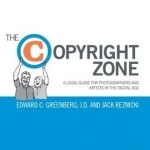
The Copyright Zone: A Legal Guide for Photographers and Artists in the Digital Age
Edward C. Greenberg and Jack Reznicki
Book
If you license or publish images, this guide is as indispensable as your camera. It provides...
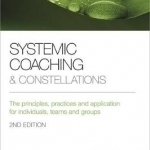
Systemic Coaching and Constellations: The Principles, Practices and Application for Individuals, Teams and Groups
Book
Systemic Coaching and Constellations offers a refreshingly uncomplicated path into a potentially...
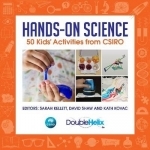
Hands-on Science: 50 Kids' Activities from CSIRO
David Shaw, Sarah Kellett and Kath Kovac
Book
Did you ever wonder why some insects can walk on water? Or how the ancient Egyptians made mummies?...

Learn Adobe Dreamweaver CC for Web Authoring: Adobe Certified Associate Exam Preparation
Kim Cavanaugh and Rob Schwartz
Book
This study guide uses text integrated with video to help you gain real-world skills that will get...

Learn Adobe Illustrator CC for Graphic Design and Illustration: Adobe Certified Associate Exam Preparation
Rob Schwartz, Dena Wilson and Peter Lourekas
Book
This study guide uses text integrated with video to help you gain real-world skills that will get...
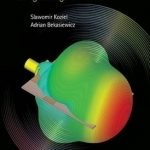
Multi-Objective Design of Antennas Using Surrogate Models
Book
This book addresses computationally-efficient multi-objective optimization of antenna structures...

All Those Vanished Engines
Book
Paul Park returns to science fiction after completing his impressive four-volume fantasy, A Princess...
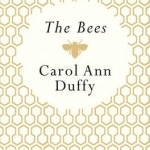
The Bees
Book
'Beautiful and moving poetry for the real world' Jeanette Winterson, Guardian 'Wonderful ...a poet...
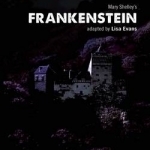
Dracula & Frankenstein: Two Horror Plays
Book
"Dracula and Frankenstein: Two Horror Plays brings together two classic horror tales updated for the...
